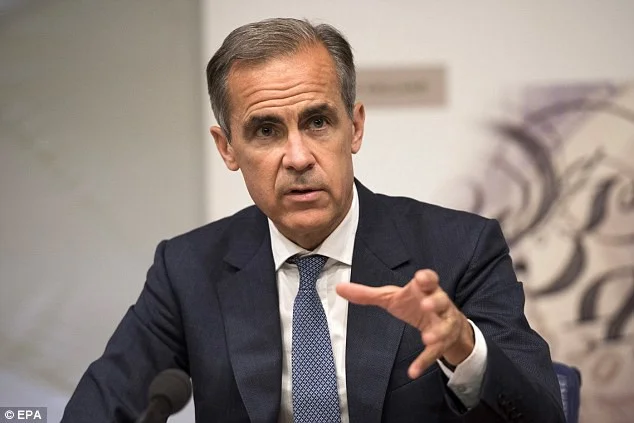Mark Carney, the Chair of the Bank of England made an important speech in Amsterdam recently. He was attending a gathering of his counterparts that met to discuss the challenges presented by climate change.
His speech was called “A Transition in Thinking and Action”. He maintained that there has been a substantial shift in the way the finance community thinks about the risks presented by climate change and this change in thinking has resulted in action. He ended his speech by saying: “The tragedy of the horizon can be resolved in an orderly, effective and productive manner, however, with early transitions in thinking and action."
Andy Grove, Intel’s co-founder famously described a strategic inflection point as “an event that changes the way we think and act”. Inflection points can be a result of action taken by a company, or through actions taken by another entity, that has a direct impact on the company. Additionally, inflection points may be caused by international action or by unforeseen events.
A market disruption is a situation where markets cease to function in a regular manner, typically characterised by rapid and large market declines. A market disruption often occurs as a result of an event or group of events that are widely perceived as economically detrimental. The anxiety becomes contagious, causing both investor confidence and consumer confidence to fall. Recent examples of market disrupters are: Uber entering the ride share market, AirBNB for hotels, Amazon on bricks & mortar supermarkets, Tesla’s impact on the car industry and renewable energy’s impact on coal fired power.
We are currently facing an inflection in the finance market that is being driven from three directions:
1 In order to avoid a market disruption in the EU finance market, policy makers are energetically promoting a more effective and transparent method of disclosing the risks resulting from climate change. Chairs of a number of influential Reserve Banks have recently re-iterated their intent to change the way financial entities disclose and manage risks. They know that for markets to do what they do best – allocate capital effectively and dynamically – they need the right information. When risks are unknown or ill-defined, the market cannot allocate resources in an efficient and profitable manner. The policy maker’s goal is to help the industry manage the inflection.
2 The WEF Global Risks report published at Davos in February this year categorised five (of the top six) major risks emanating from climate change. When a powerful and authoritative group identifies risks in this manner, it pays to listen. Many of these risks will impact the finance industry – particularly insurance. Directors should pay heed and have a clear understanding of the risks identified and develop mitigation strategies.
3 Most countries are facing an inflection point in their energy markets – particularly in power generation. The transition towards renewables and battery technology has resulted in early adopters making investment decisions that will result in changes to the market that may happen faster than expected.
Readers need only consider the pressure the AGL board has recently experienced, to appreciate what may be in store for other firms. Laggards unwilling to change may end up owning stranded assets or have others limit their options.
Electricity supply is fundamental to the operation of a successful economy and one way or another – all Australian businesses will be impacted by this transition.




